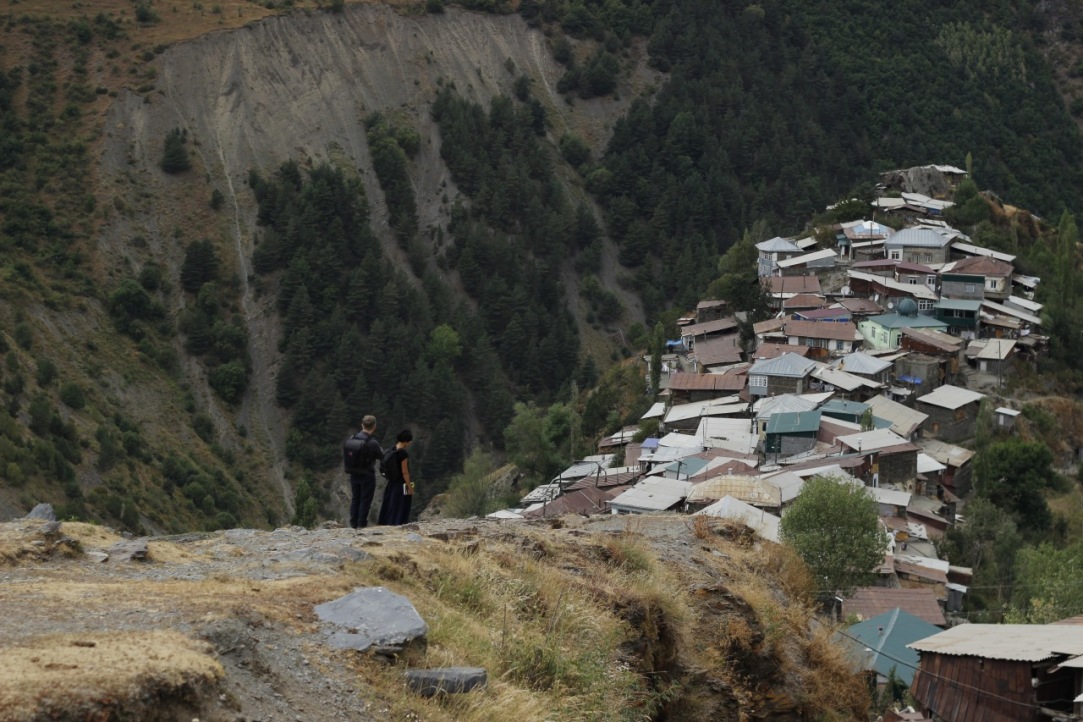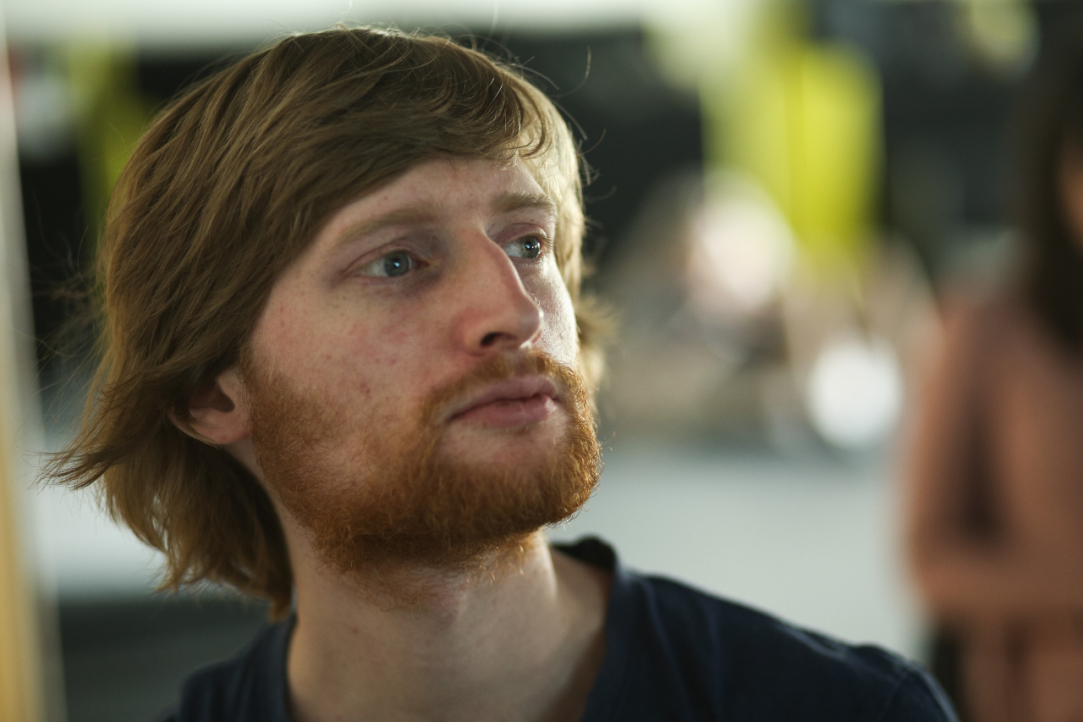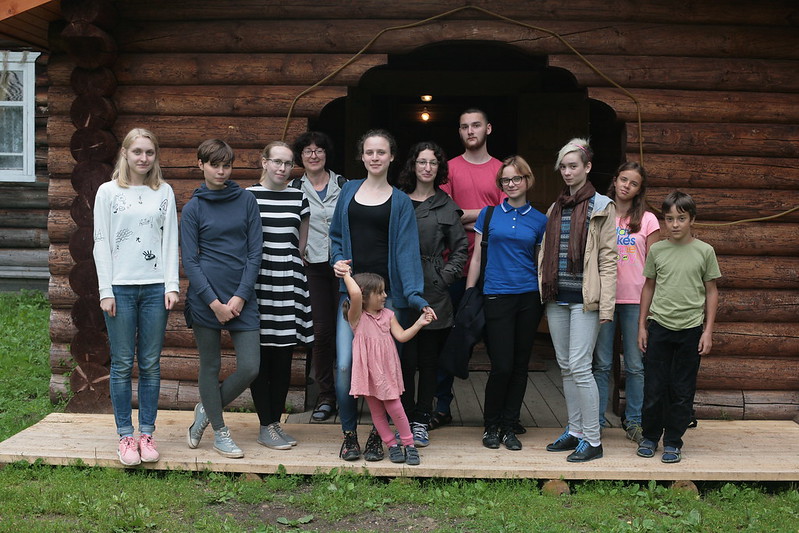
Second cycle of the online course on the East Caucasian languages by the Linguistic Convergence Laboratory
This fall the Linguistic Convergence Laboratory will organize a free online course on the East Caucasian (alias Nakh-Daghestanian) language family. The course will start on November 3.
.jpg)
Members of the Linguistic Convergence Laboratory published a paper in Language
In early October, members of the Linguistic Convergence Laboratory published a paper in Language . Language is the flagship journal of the Linguistic Society of America and one of the most respected general linguistics journals in the world; perhaps the most prestigious one. Since the journal’s launch in 1925, it has seen the publication of only two papers whose first author is a researcher affiliated with a Russian university or institute.
Members of the Linguistic Convergence Laboratory participated in the webinar “Languages, Dialects and Isoglosses of Anatolia, the Caucasus and Iran”
The sixth session of the webinar “Languages, Dialects and Isoglosses of Anatolia, the Caucasus and Iran” hosted a talk by Chiara Naccarato, Samira Verhees, Michael Daniel and Timofey Mukhin.
.png)
The School of Linguistics hosted a series of lectures on the foundations of language evolution by the member of Linguistic Convergence Laboratory Damian Blasi
From February 4 to March 20, the School of Linguistics hosted a series of lectures on the foundations of language evolution. The course was read by Damian Blasi, the member of Linguistic Convergence Laboratory, an author and co-author of works on fundamental problems in creole linguistics, linguistic symbolism and the history of linguistic diversity. In his lectures Damian Blasi considered both the main aspects of the theory of the language evolution, as well as more narrow topics, such as the structure of animal communication systems and their differences from human language, the time of the speech appearance in humans, biological and genetic foundations of language ability, multilingualism, and models of linguistic evolution.

Lingtypology – the package for linguistic mapping and typology – is four years old.
Until four years ago there was no simple tool for linguists to mark a set of points on a map with different colors. A point corresponded to a language, and its color corresponded to a linguistic feature of the language. This inspired George Moroz, of HSE’s Linguistic Convergence Laboratory and School of Linguistics, to create a new software product that turned out to be very popular: lingtypology.

An article by members of the Linguistic Convergence Laboratory was published in the journal “Language variation and change”
From a northern village to an academic article, or How many linguists do you need to describe variation in Russian dialect?
New International Summer School on Areal Linguistics and Languages of Russia
The Linguistic Convergence Laboratory and the School of Linguistics are organizing an International Summer School on Areal Linguistics and Languages of Russia.
Postdoctoral Fellow position at the Linguistic Convergence Laboratory
Linguistic Convergence Laboratory, HSE, in Moscow, Russia, invites applications for postdoctoral research positions in the field of language contact; language corpora; typology; sociolinguistics; languages of the Caucasus; languages of Russia.
Members of the laboratory participated in the 16th Conference on Typology and Grammar for Young Scholars
From November 21 to 23, members of the laboratory attended the 16th Conference on Typology and Grammar for Young Scholars which was held in Saint Petersburg.
